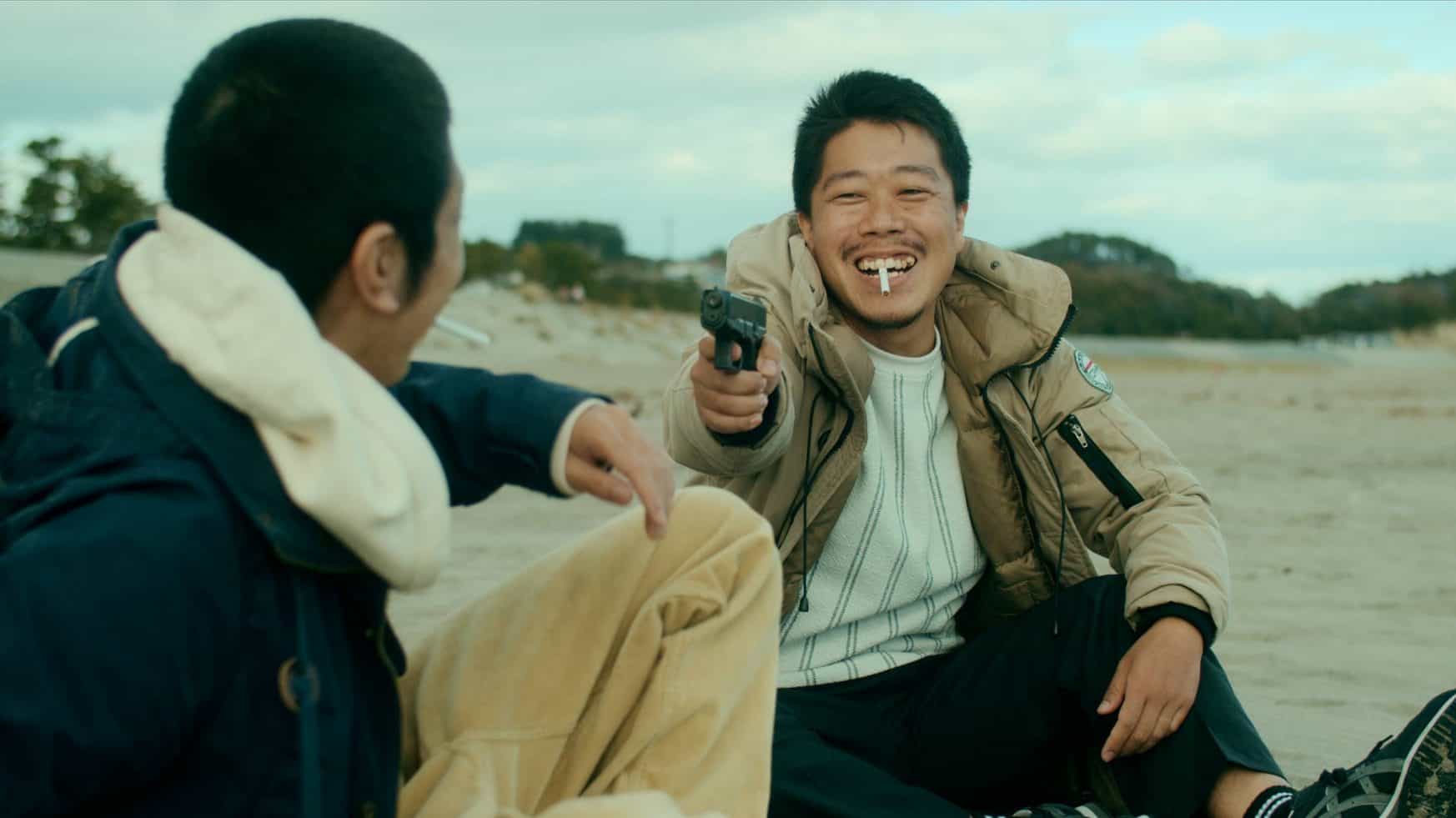“Nobody's Daughter Haewon” had its world premiere at the 63rd Berlin International Film Festival, and was chosen to be part of the line-up for the 37th Hong Kong International Film Festival. Additionally, it was honored with awards and nominations at the Buil Film Awards and Korean Association of Film Critics Awards, among others.
The movie presents the experiences of a young woman named Haewon (Jung Eun-chae) over a span of a few days. The starting point of the story is the information that her mother (Kim Ja-ok) is moving to Canada, which causes Haewon's descent into sorrow. During this challenging time, she gets in touch with her former lover, Lee Seong-joon (Lee Sun-kyun), a married man who is a professor at her university.
Hong Sang-soo decides to raise subjects not only typical for him, such as loneliness, disconnection, and romantic turmoil, but also topics of death and the passage of time from a broader perspective. However, he approaches these themes not with a pessimistic tone but from a lighter, absurdist perspective, which can be particularly felt in the scene where Haewon calmly says: “Death resolves all”. This statement serves as a reassuring realization, providing some comfort in a complicated and demanding reality.
Hong Sang-soo is not accustomed to preparing scripts and tends to adopt a spontaneous and unstructured approach to filmmaking. Such a non-standard storytelling has a certain charm, but the lack of a specific structure and narrative purpose can be tiresome in the long run. Especially when it lacks interesting characters. Therefore, the audience can watch how the main character simply strolls through the streets aimlessly, and meets with her mother, friends, or strangers, participating in mostly bland conversations.
Certainly worth noting is the acting performance of Jung Eun-chae, who portrays the main protagonist. She accurately conveys Haewon's yearning for closeness, a sense of being lost, her indecision, and a certain bewilderment caused by her mother's decision to move to another country. It's no surprise that she has garnered numerous awards and nominations for her role – at the KOFRA Film Awards or Busan Film Critics Awards, among others.
The cinematography by Kim Hyung-koo and Park Hong-yeol feels very natural and frugal. The scenes are filmed mostly with a hand-held camera, consist of a single shot, and usually begin and end with a camera zoom. The majority of the narrative is set in ordinary life locations, such as streets, cafés, or apartments, which emphasizes the ordinary nature of presented events. The only variation from these everyday places is the historical mountain fortress Namhansanseong.
The style and themes of Hong Sang-soo's body of work are rather consistent, but its quality is very uneven – it includes both good and mediocre films. Unfortunately, “Nobody's Daughter Haewon” falls into that latter category. The story depicts a toxic relationship that doesn't lead anywhere, and the characters fail to draw any conclusions from their experiences, making them unbearable. The movie also lacks interesting and witty dialogues that would compensate for the loosely constructed and not very engaging plot.
















